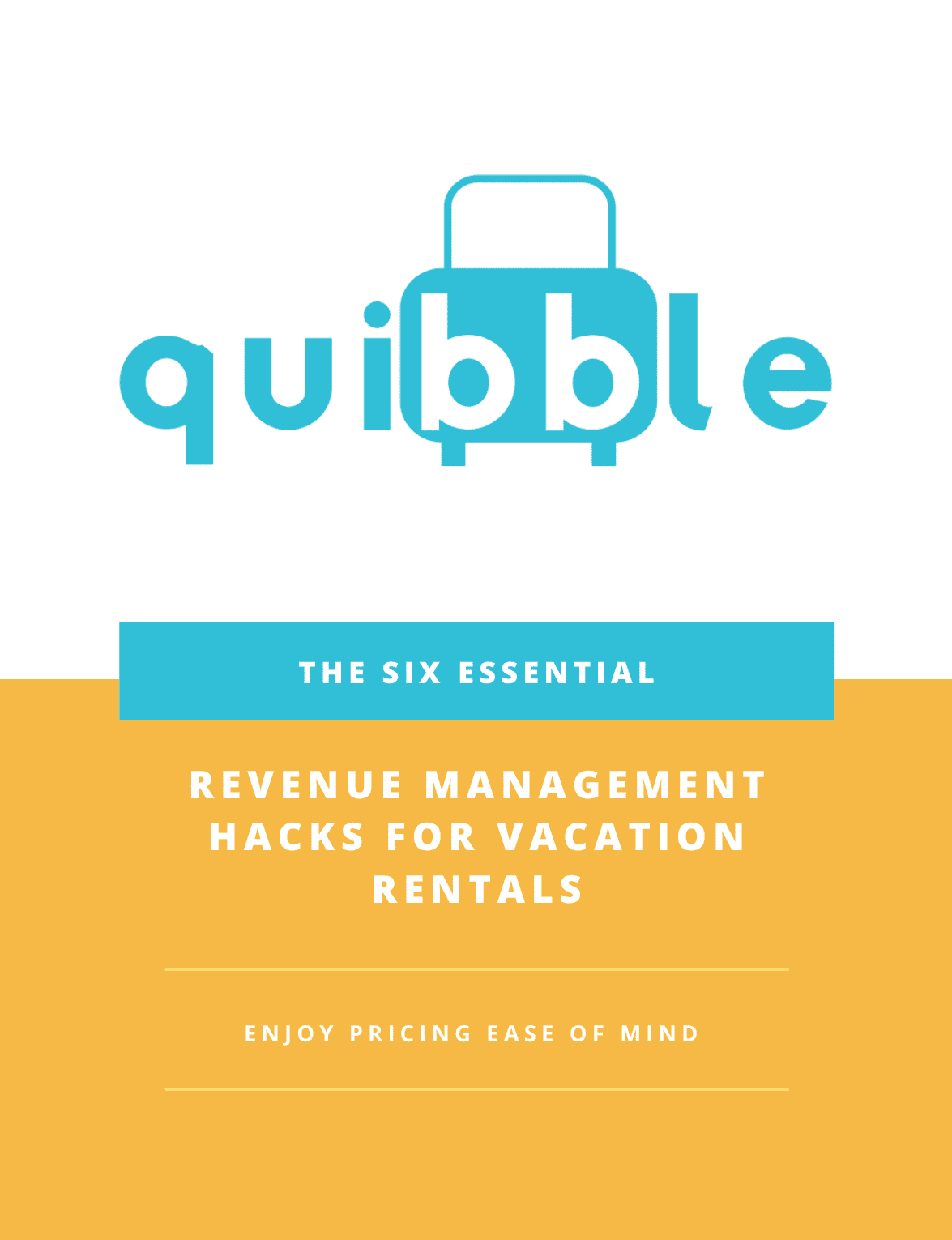Hi, how can we help?
Hi, how can we help?
Quibble Revenue Management FAQ
You can easily access property insights through our Analytics feature. Follow these steps:
- Navigate to the left-side menu.
- Click on the “Analytics” dropdown, then select “Insights.”
Within the Insights section, you’ll find a comprehensive overview of key metrics, including:
-
- Demand and price behavior
- Revenue metrics
- Inventory growth
- Total bookings
- Total active properties
- Total booked nights
- Reservations by source
- Latest bookings
This detailed data is designed to provide you with valuable insights into the performance of each property, helping you make informed decisions for optimal results.
A Base Price Model determines the amount or percentage to change to a fixed base price, relying on competitor pricing as a benchmark for adjustments. In contrast, an Optimization Model determines the price that maximizes expected revenue by analyzing various factors like seasonality, demand, and competitor pricing.
Quibble employs a Choice Model that predicts the likelihood of a guest choosing your listing when they see it in search results. This model considers various factors such as listing attributes (availability, location, images, reviews, etc.), pricing, and competitor offerings.
Optimization models, like the one Quibble uses, do not require a base price. Instead of relying on a fixed starting point, the model calculates the expected revenue for every possible price point to identify the optimal price.
The binary booking problem refers to the challenge of forecasting occupancy for individual short-term rentals, as they are either booked or vacant, unlike hotels with multiple rooms. Traditional forecasting methods become unreliable in this scenario. Quibble addresses this by focusing on predicting guest choices and optimizing for each booking opportunity rather than overall occupancy.
Quibble’s optimization model uses a smaller, more relevant competitor set (10-15 listings) and analyzes a broader range of data points beyond just competitor pricing. This approach allows for more precise price adjustments based on factors such as seasonality, day-of-week demand, and individual listing attributes.
Quibble’s model automatically segments demand using BookableSearch, which predicts how many times your listing will be in front of a customer who is ready to buy.
Quibble utilizes machine learning and predictive analytics to continuously improve its pricing model. By analyzing historical data, identifying trends, and incorporating new reservations in real-time, the system automatically adjusts prices to match supply and demand for optimal revenue generation.
Quibble’s Optimization Model offers several advantages over traditional Base Price Models, including:
- Increased Revenue: Quibble’s model has been shown to increase revenue by up to 12% compared to base price models.
- Improved Accuracy: The model’s use of machine learning and a larger data pool allows for more accurate pricing predictions.
- Reduced Workload: Quibble eliminates the need for manual base price adjustments and constant competitor monitoring.
- Granular Control: The model’s segmentation by season and day of the week enables more refined pricing strategies.
- Data-Driven Insights: Quibble provides valuable data insights into market trends and competitor performance.
Join our newsletter
Dominate the short-term rental market with cutting-edge trends
| Thank you for Signing Up |





